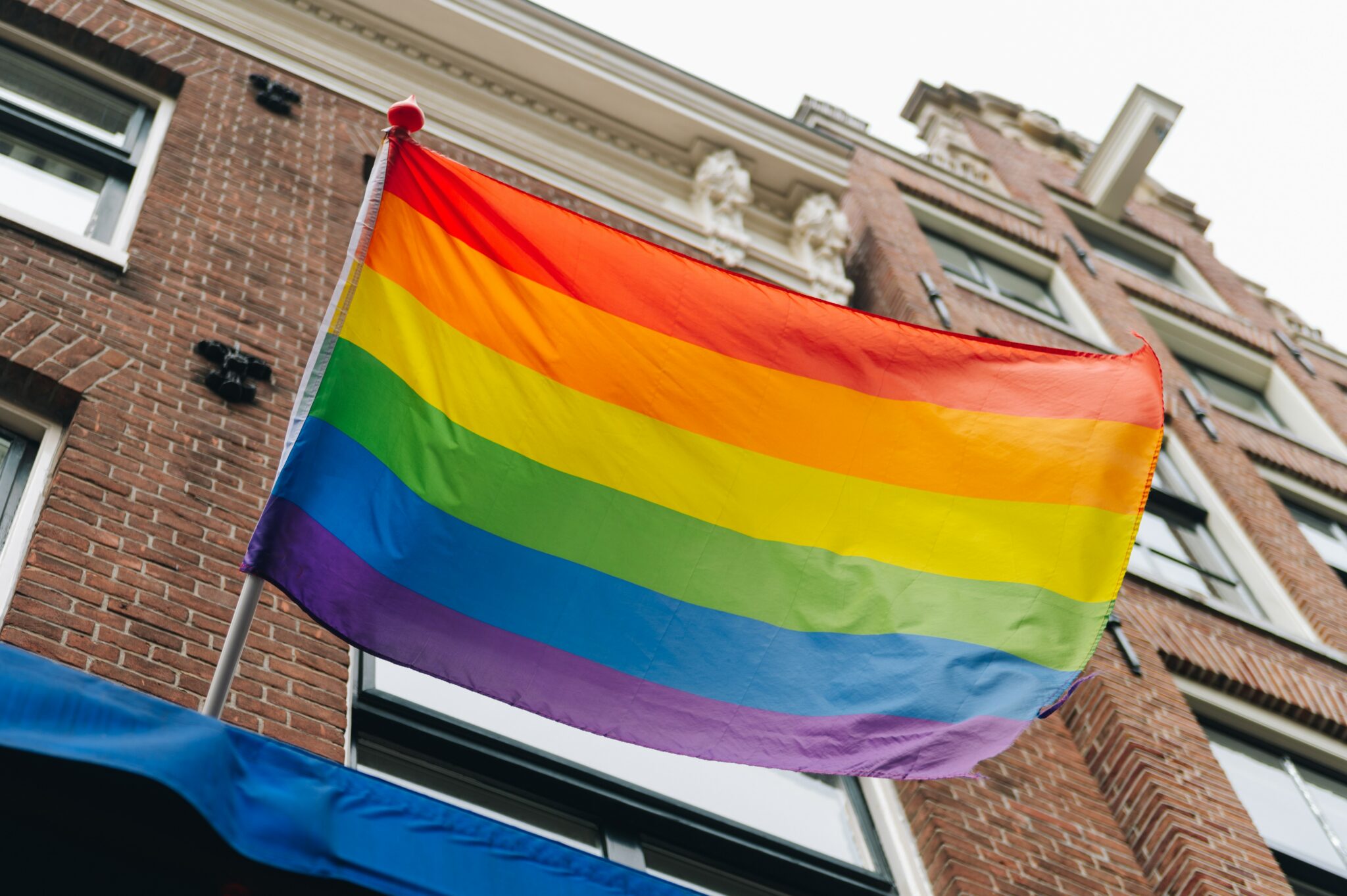برای خواندن این مطلب به فارسی اینجا را کلیک کنید
The unfortunate reality for many members of the LGBTQIA+ community in Iran is a life shrouded in silence. Many queer Iranians live in constant fear of punitive consequences or societal isolation if they openly acknowledge their sexual orientation. Some members of the LGBTQIA+ community find solace in the anonymity of the virtual world where they use online platforms to express their identities with diminished risks of retribution. Others have sought refuge abroad where they can publicly declare their sexual orientation in more accepting environments. However, for those who remain in Iran, they are often subjected to social ostracization and threats of violence.
The severe life and death challenges facing LGBTQIA+ Iranians was underscored by the recently announced arrest of five trans women in Tehran under charges of “promoting obscenity.” Videos show the arrested individuals expressing remorse in male prison uniforms without hijab. While Iran has laws that permit gender transition surgery for trans people, broader discrimination and harassment against the community is widespread, and the recent arrests underscore the dangers trans people face inside Iran.
The lack of acceptance is not only present in broader society and in governmental systems, but it is deeply entrenched within immediate families as well. This was heartbreakingly demonstrated in the case of Ali Fadeli Monfared, commonly known as Alireza. Alireza was murdered by his own family in a brutal honor killing on May 4th, 2021. Alireza’s partner, Aqeel Abayat, based in Turkey, reported that Alireza was killed after confessing his homosexuality to his family. This tragic confession led to his violent death in the name of preventing family dishonor. The following day, his murderers–his half-brother and cousin–informed Alireza’s mother of the body’s location.
A study on the LGBTQIA+ community revealed that 62% of LGBTQIA+ people living in Iran have experienced violence from their own families due to their sexual orientation. Despite the estimated five million LGBTQIA+ individuals existing within the Iranian population, Iranian society suffers from widespread misunderstanding of this marginalized community which all-too-often translates into tragic cases of violence, such as that which took place against Alireza. The reactions to Alireza’s murder further illustrate homophobia in Iranian culture, with some online comments defending his killers’ actions and echoing prejudice toward homosexuality that extend beyond religious dogma.
In addition to prejudice-driven violence that takes place within social circles and within families, the LGBTQIA+ community also faces institutionalized discrimination in Iran, particularly through restrictive laws and the lack of legal protections. Until 2010, under Article 109 of the Islamic Penal Code, male homosexuality was explicitly punishable by death. And although the death penalty can still be applied in certain cases, persistent efforts by human rights organizations have led to a minor amendment to this article. Still, homosexuality is considered a ‘gender disorder’ and a crime punishable by other severe measures, including flogging, stoning, and hurling from cliffs. Despite extensive scientific and medical evidence demonstrating that differing sexual orientations are normal, these harsh punishments continue to be enforced.
Regrettably, the Iranian judicial system also imposes lighter sentences for those who commit honor killings, especially when the perpetrators are family members of the victims. This legal loophole often caps the maximum punishment at ten years, providing a tragic illustration of the lack of justice and protection for the LGBTQIA+ community in Iran.
While some media outlets have attempted to raise awareness about LGBTQIA+ issues in Iran in recent years, these efforts have been largely suppressed by the government.
Their struggle continues, on the one hand battling societal prejudice and on the other, enduring state-sanctioned discrimination.
Of course, societal discrimination and bigotry against the LGBTQIA+ community is not a phenomenon limited to Iran. Homophobia, hateful rhetoric and violence against individuals based on their sexual orientation is found throughout the world, and also embedded in American culture and fanned by many politicians and figures even in relatively liberal societies, including in the United States. This Pride month is an important reminder that human rights means justice and protection for the LGBTQIA+ community at home, in our societies, and around the globe.
Back to top
